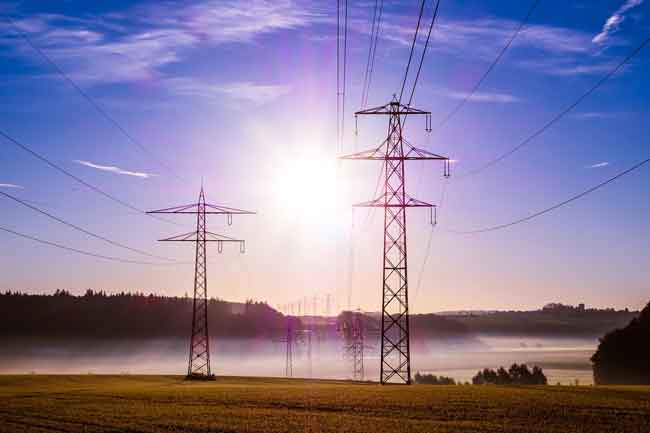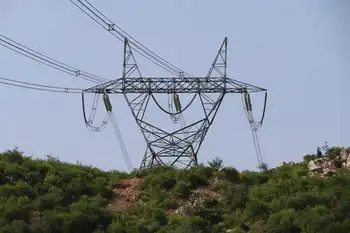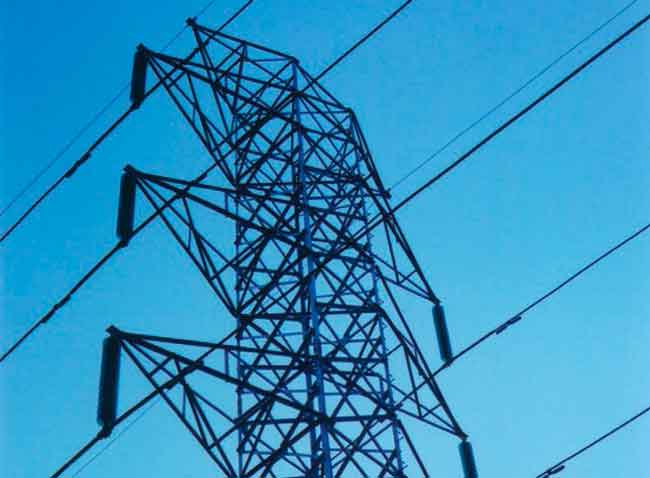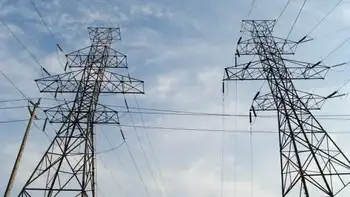Alberta power prices hit 8 year low
By Calgary Herald
Substation Relay Protection Training
Our customized live online or in‑person group training can be delivered to your staff at your location.

- Live Online
- 12 hours Instructor-led
- Group Training Available
Alberta power averaged $35.83 per megawatt hour between July and September, the lowest since spring of 2002, according to UBS Research.
Electricity prices in September alone averaged $28.42 per MWh, more than a quarter lower than the previous month.
The average was in stark contrast to the $81.77 per MWh seen at the beginning of the year when outages inflated prices, and point toward a depressed market for generators, said analyst Chad Friess.
“I don’t really like the prospects of Alberta,” Friess said. “I don’t think that there are going to be a lot of opportunities, unless we see an incredible growth in residential power demand.”
Increased industrial activity has not translated into much higher demand as most of the growth comes from oilsands operations, he noted.
Many oilsands facilities run cogeneration plants for the steam byproduct, and sell excess power back onto the provincial grid.
Indeed, a glance at the Alberta Electricity System OperatorÂ’s website shows bitumen giants Suncor Energy and Syncrude Inc. contributing up to 1,035 megawatts to the 12,500-MW provincial power pool.
New generation coming on to the market could further dampen a power price surge, such as the $1.8 billion Keephills 3 coal-fired plant west of Edmonton.
The joint TransAlta-Capital Power expansion project will add 450 megawatts of power onto the Alberta system around the same time several wind power projects are expected to come on line.
Additional generation and softer pricing are signals AlbertaÂ’s electricity market, the only market in Canada to deregulate both wholesale and retail pricing, is working on the system of supply and demand, said Jim Wachowich, head of the ConsumersÂ’ Coalition of Alberta.
“Some customers will capture the benefit of that because they have some element of those current prices showing up in their bills,” he said. “The people who will not capture a benefit from low prices are people who signed fixed term, fixed price contracts, and that might be of concern to them.
What the public obviously doesnÂ’t like are price spikes or prolonged periods of high prices, Wachowich noted.
Residential consumers looking for long-term stability can sign one-to-five year contracts from five providers for rates between 6.5 cents per kilovolt hour to eight cents per kVh.
Customers opting against contracts pay a regulated rate which fluctuates according to the market average.
In Alberta, the marginal power price is set by natural gas-fired power plants up to 70 per cent of the time, making commodity prices a crucial factor in the overall price. Spot natural gas prices closed at $3.16 per gigajoule in Alberta October 8, compared to $4.57 per GJ a year ago.
Generators count on spikes since prices that hit $999 per MWh — the Alberta price ceiling — for a couple of hours or a day smooth out lows of $8.
As such, current market conditions have little effect on Calgary utility EnmaxÂ’s plans to build an 800-MW natural gas-fired plant, the corporation said.
The $1.25-billion Sheppard power plant is being built to accommodate strong growth expectations for Alberta and to backstop the retirement of coal-fired power plants, said Dave Rehn, vice-president of generation.
“Sheppard is going to be powered by natural gas, for us then the cost of producing that electricity is also significantly lower,” Rehn said. “Unlike the coal plants, we see that correlation being fairly strong.”
The other advantage of a gas-fired facility is the ability to respond quickly to market demand and powering up or down, as the situation calls, he said.











